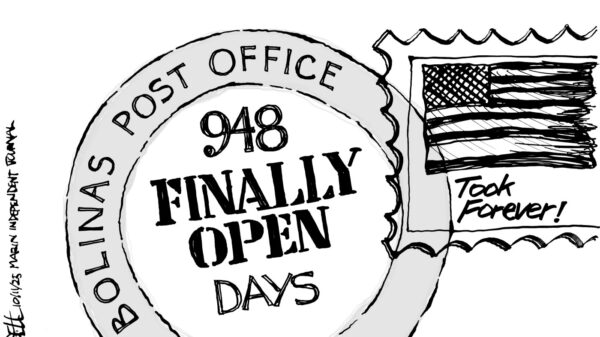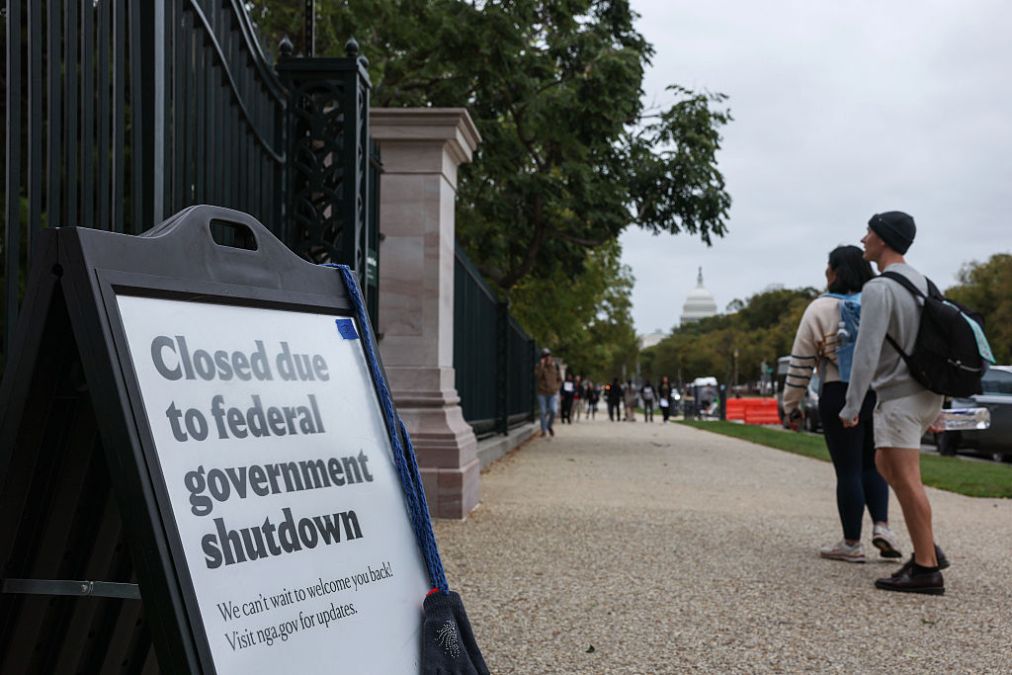URGENT UPDATE: Military families are facing a growing crisis as a prolonged government shutdown forces them to rely heavily on food pantries. Despite President Donald Trump announcing plans to ensure military pay by October 15, anxiety over financial instability remains high among service members and their families.
Advocates reveal that military households are uniquely affected during shutdowns, particularly because many military spouses work for the federal government, leaving them without income when the government halts operations. The uncertainty is exacerbated by high unemployment rates among military spouses due to frequent relocations.
Since the shutdown began, food assistance requests have surged dramatically. Monica Bassett, founder of Stronghold Food Pantry in Fort Leavenworth, Kansas, reports a staggering 300% increase in demand at their facility. “It’s humbling and heartbreaking to witness,” she stated, noting that their national delivery service saw 410 new applications for help in just ten days—an increase that eclipses their usual quarterly totals.
Dorene Ocamb from the Active Service YMCA (ASYMCA) confirmed a 30% increase in food demand across their 22 locations, including a dramatic 34% spike at their Killeen, Texas location on October 2, the day after the shutdown began. “This is going to cost us $60,000 more per week to meet the demand,” Ocamb expressed concern over the financial sustainability of their services amidst this crisis.
Despite Trump’s announcement to direct Secretary of Defense Pete Hegseth to use available funds to pay troops, families remain unsettled. “The details are still unclear,” cautioned Elizebeth Jamison, founder of Military Families for Ethical Leadership. “When payments will reach bank accounts, how long it will last, etc., adds to the anxiety for families already on the edge.”
Many military spouses, who often work for federal agencies, are now facing furloughs or layoffs, further destabilizing family income. “The level of food insecurity among military members is already unacceptable,” Jamison added, emphasizing the need for Congress to pass a stand-alone bill to resolve military pay issues swiftly.
The emotional toll is evident, as illustrated by a military spouse who called into C-SPAN, pleading with House Speaker Mike Johnson about the dire consequences of a missed paycheck. “If we see a lapse in pay come the 15th, my children do not get to get the medication they need because we live paycheck to paycheck,” she expressed.
As military families brace for potential missed paychecks, the community’s reliance on food pantries highlights a critical issue. The ongoing shutdown not only affects the immediate livelihood of service members but also underscores the urgent need for legislative action to alleviate the burdens faced by those who serve the nation.
For now, families are left coping with the uncertainty, waiting for clarity from officials while navigating a difficult landscape of financial instability. The need for support is immense, and as organizations like Stronghold and ASYMCA scale up their efforts, the community rallies to fill the gaps in assistance for military families in crisis.






































































